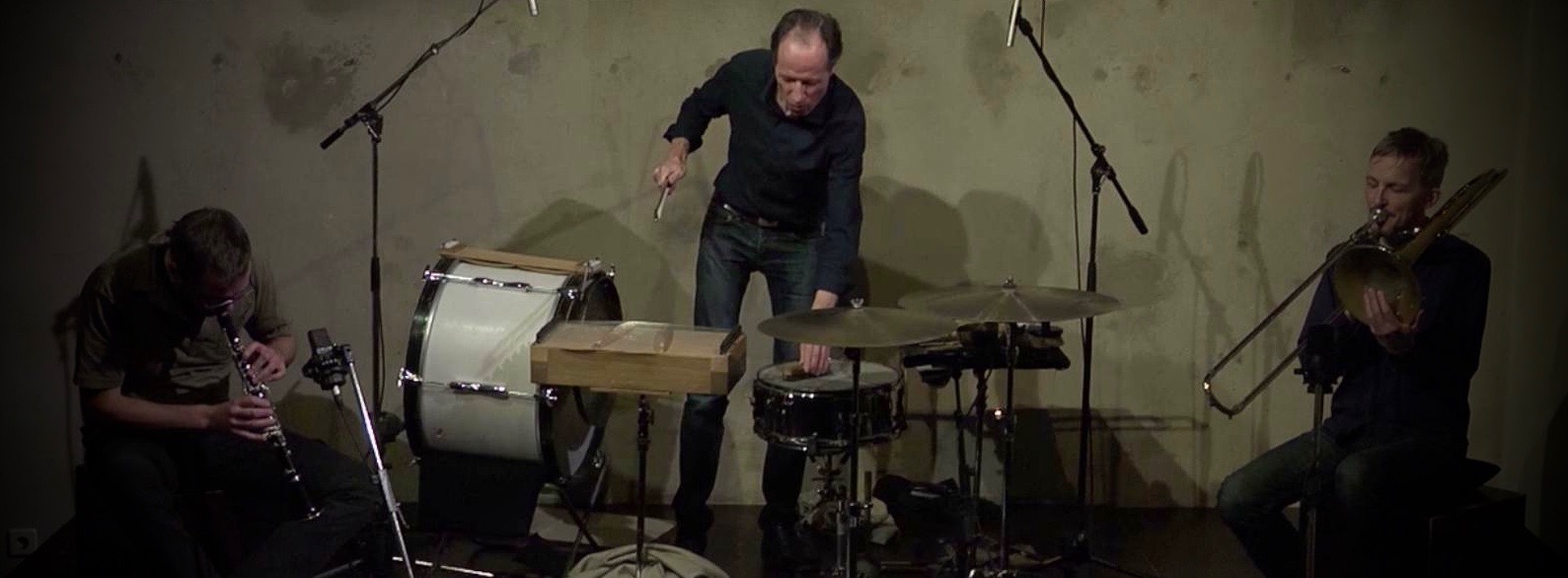For all too long, musical improvisation has been an art neglected by science. This situation has begun to change in recent years, both due to a cross-disciplinary interest in improvisation in theater, dance and contemporary music, and in the course of a performative turn in musicology. Not only a growing number of conferences and publications bear witness to this, but also long-term research programs such as the ICASP project (Improvisation, Community, and Social Practice) in Guelph, the Rhythm-Changes Program at the University of Salford, or the work of the AHRC Research Centre for Musical Performance as Creative Practice (CMPCP) in Cambridge and Oxford.
One of the aims of this issue is to deepen the developing scientific discourse with regard to specific questions of a theory and aesthetics of improvised music. The concept of the issue follows the conviction that research into musical improvisation should be interdisciplinary and in exchange with practitioners – interdisciplinary, because there are hardly any genuinely musicological methods and categories available for the investigation of improvised music; in exchange with practitioners, because only from the observation and reflection of improvisation as action and interaction will an aesthetics and a praxeology of improvised music be gained. Perception and temporality, interaction and material, artist aesthetics and sound research, performativity and corporeality, form and work, live electronics and mediality are the topics that the authors of this issue from sociology, musicology and artistic practice deal with. The field of music discussed here ranges from free jazz to contemporary forms of improvised music.
The broad spectrum of sociological approaches is shown in the two contributions by Dirk Baecker and Silvana Figueroa-Dreher. From a systems-theoretical perspective, Dirk Baecker examines the relationship between perception and communication, especially the specific temporality of improvisation in free jazz. Silvana K. Figueroa-Dreher’s contribution explores the interaction, coordination and dynamics of musical material in the process of free improvisation. The musicologist Gisela Nauck also takes an empirical approach, using interviews to investigate the relationship between artistic self-concept and individual ‘sound research’, following the history of the musical material through to the biographies of improvisers. The contributions by Christa Brüstle and Mathias Maschat plead for a musicology informed by cultural theory, anthropology, theater studies. Christa Brüstle’s contribution is directed against an improvisation concept that is one-sidedly oriented towards intuition, spontaneity, emotion and subjectivity. It focuses on the knowledge and competence of the body and thus on the intelligence of the unconscious as an important focus of future improvisation research. Against the background of a performative aesthetic, Mathias Maschat investigates the specific presence and aura, the eventfulness and emergence, the materiality and corporeality of performances of improvised music. Finally, two musicians, Burkhard Beins and Orm Finnendahl, were invited to reflect on contemporary improvisational practices from the perspective of the improviser and composer. Burkhard Beins takes up the all too often polemically discussed problem of musical form in improvised music and shows possibilities of form formation in collective improvisation using an example from his own practice. Aware of the differences between composition and improvisation in terms of production aesthetics and performance practice, Orm Finnendahl reports on the integration of different artistic working methods in the (multi-)media space of live electronic performances.
Baecker, Dirk
How much time does being able to take?
Beins, Burkhard
Formation in collective improvisation
Brüstle, Christa
Belly music – head music. Private – public
Figueroa turner, Silvana K.
Uncertainty as a Creative Principle in Free Jazz Improvising
Finnendahl, Orm
Technology and performative competence
Maschat, Mathias
Performativity and contemporary improvisation
Nauck, Gisela
Working in sound
Translated with www.DeepL.com/Translator (free version)
